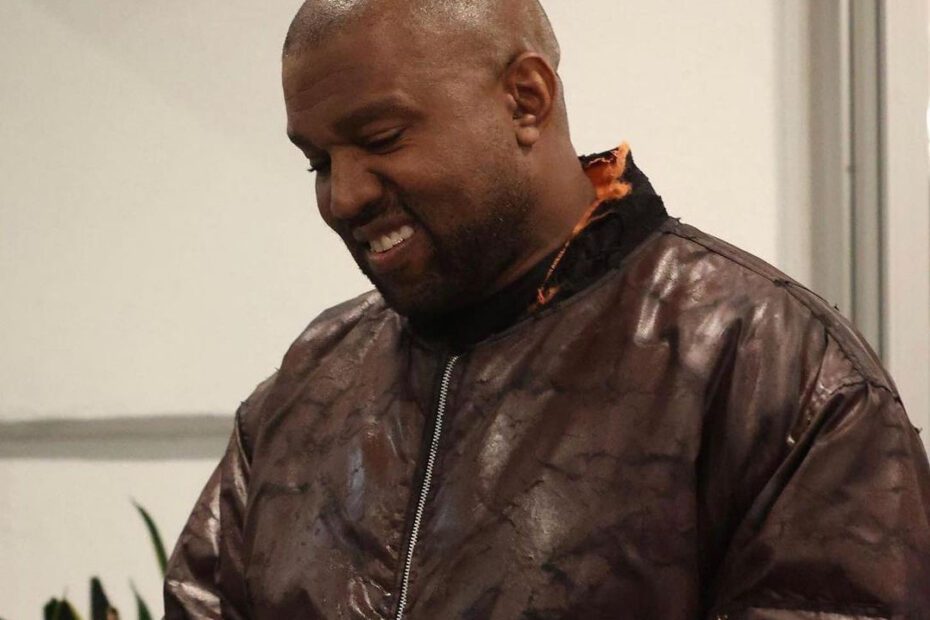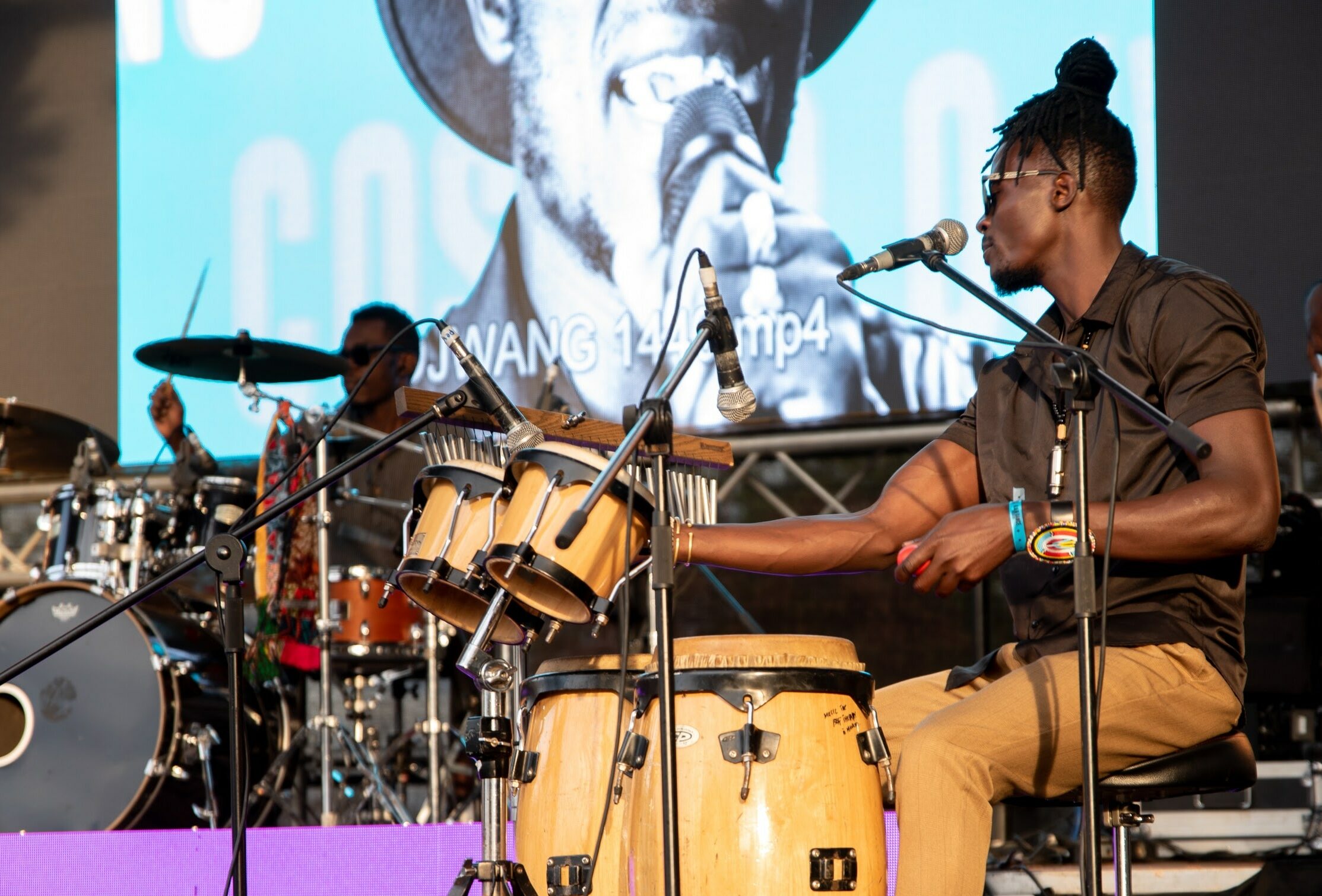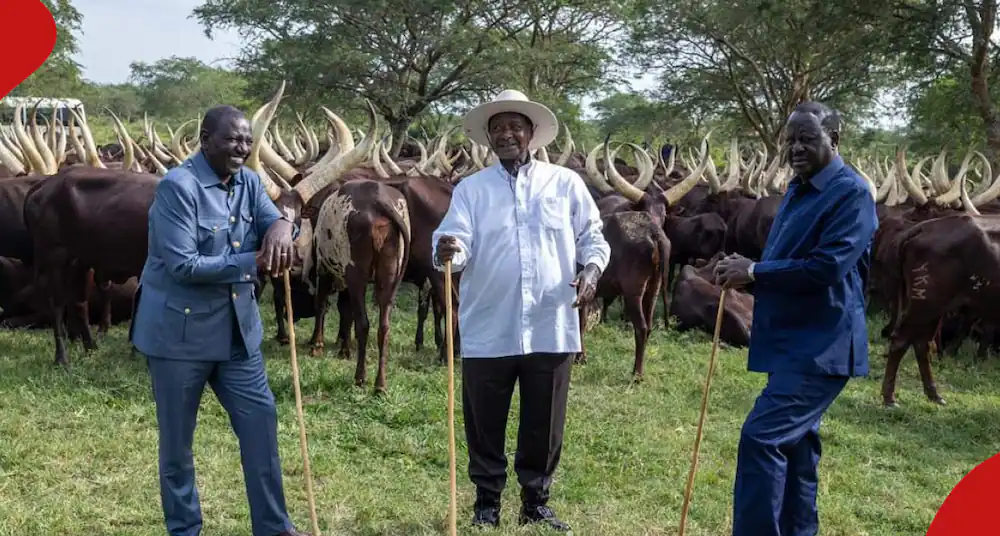Radical hope and Black liberation have been exhibited through Black cultural heritage offering hope with Blackness as the main theme. The Blackness concept has been promoted by many African Americans in America, but only a few stand out. Kanye West (Ye) presents radical hope and collective courage among the Blacks that drive social change in the community.
Kanye West’s Radical Hope and Black Liberation Theology
Kanye West is a believer in the concept that ‘our thoughts create our reality’. This is critical in a world, especially in America, where racism, sexism, discrimination, homophobia, and other types of oppression have become the norm. The radical imagination presented by Kanye West now known as Ye, is a chance to re-envision the future and create a balanced world.
Conservatism as a Theme of Radical Hope and Black Liberation
Ye continues to showcase conservatism, as seen in his 2004 debut album when he added the “Jesus Walks” song. Despite his producers urging him to drop it, for fear of not receiving airtime, he remained adamant. The song led to his rise in the music industry, a basis for Radical hope and Black liberation.
In the opening part of the song, Kanye declares “We are in conflict”, mentioning terrorism, and racism, but conflict with ourselves is the most prevalent. West examined how materialism and reckless spending among African Americans has sunk them. He further explained how the cultural inclinations serve as both a result and a catalyst of what sociologists define as institutionalized racism.
Kanye West’s Thoughts explains how it seems Blacks are chasing the American dream, yet those at the top struggle with the lowest self-worth. The most beautiful people engage in the ugliest actions in their quest for wealth and luxury. A reality that if examined is a start for Radical hope and Black liberation.
African Americans stand out because they are despised, and flaunt their possessions because others degrade them. “We strive to reclaim what was taken—our rightful land.
But in pursuit of money, see how far we’re willing to fall: even in a Benz, we’re still seen as less. We purchase our way out of incarceration but can’t purchase true freedom”.
Kanye understands how the Black community amasses unnecessary material things—covering up what’s within them. The world has instilled self-hate and admiration for blacks’ riches, leading youngsters to seek “ballers.”
In his own words “The drug dealer buys Jordans, the addict buys drugs—and it’s the white man who profits from it all”.
Hard work, Determination and Financial Discipline
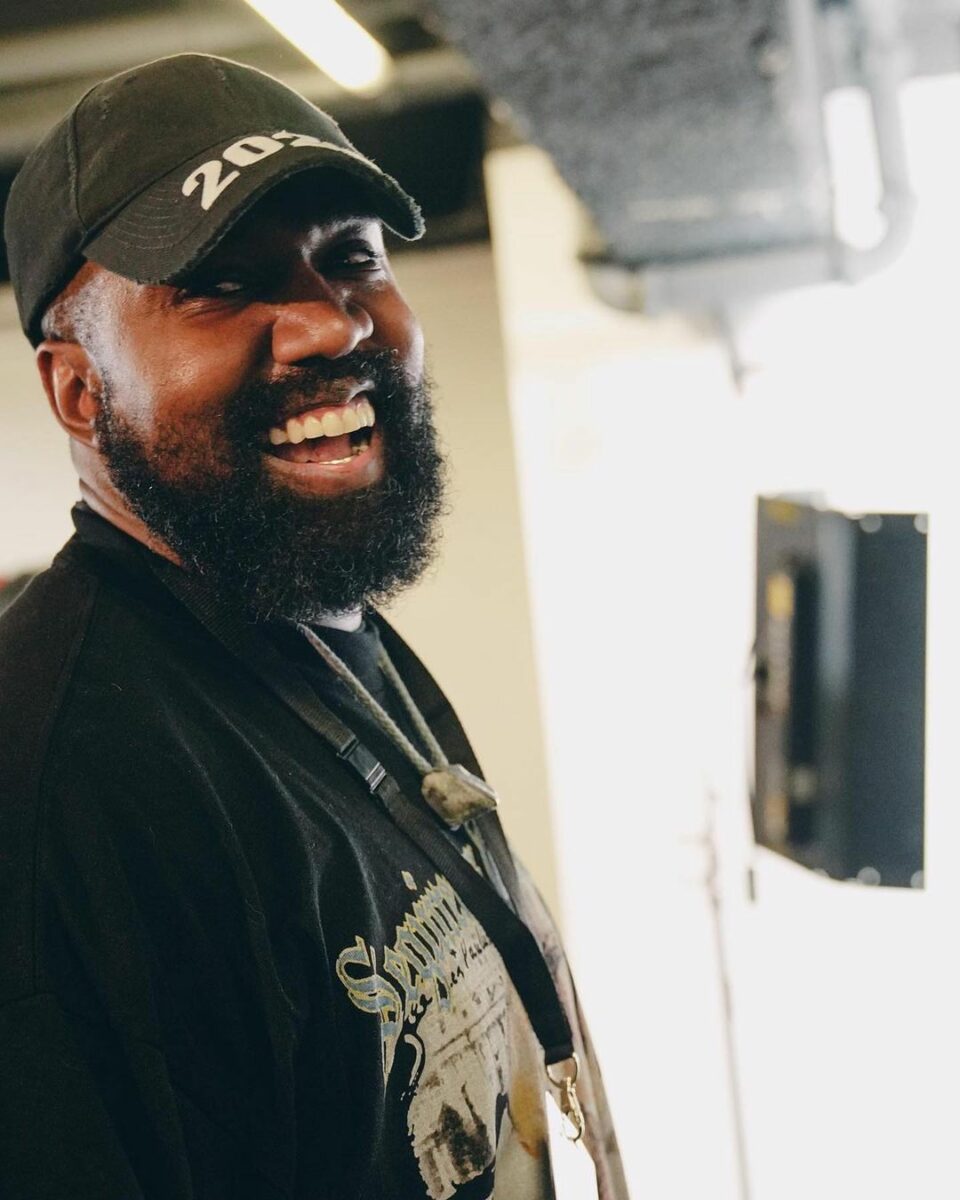
Notice how West consistently ties these values—like hard work, determination, and ambition. These are often associated strongly with conservatism—to the emancipation of black individuals.
His premise seems to emphasize seizing control over what’s within reach. He insists that Blacks must utilize personal resources effectively. It is the initial step toward transforming oneself, the community, and society at large. Hard work and personal financial discipline will propel Blacks towards Radical Hope and Black Liberation.
Reflecting on these themes, in 2011, West dedicated an entire track to addressing black-on-black violence. It is a topic often considered taboo in liberal circles. But he issued a call to “redefine black power” through “Murder to Excellence” on the album Watch the Throne.
Forgetting about History
Throughout his career, Kanye has stressed that dwelling excessively on memories and history can obscure the opportunities available in the present.
Much like his attempt to reclaim the “N-word,” West repeatedly endeavours to reinterpret symbols associated with racial oppression as representations of black empowerment.
For instance, prominently featured the Confederate flag in his Yeezus tour merchandise and marketing. In “Ye v. the People,” he articulated a similar intention behind his fascination with MAGA gear”
‘Make America Great Again’ carried negative connotations. I embraced it, wore it, reshaped its meaning.” He even recently paired a redesigned MAGA hat with a Colin Kaepernick sweatshirt.
Ye’s Relationship with Politics
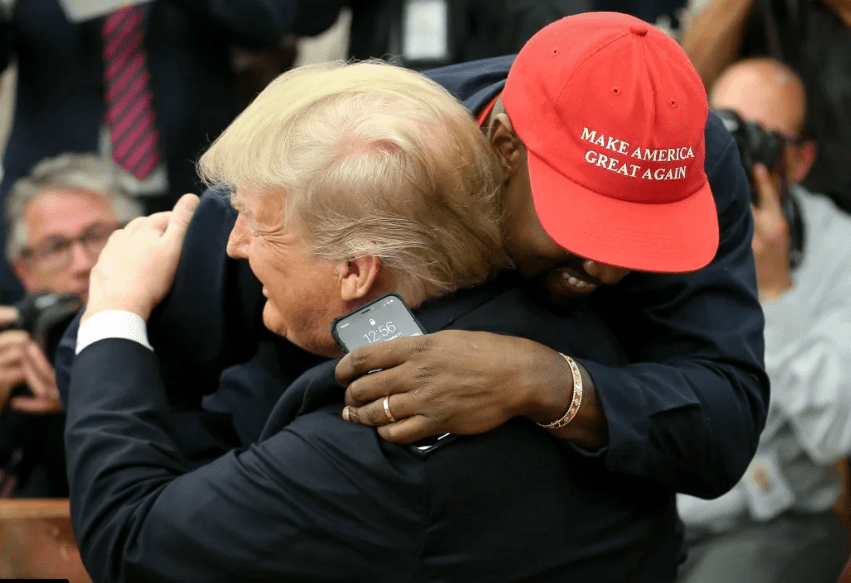
However, West’s engagement with right-leaning political figures didn’t start with Trump. In August 2015, he declared his intent to run for president in 2020. He engaged in discussions with Republican candidate Ben Carson.
Carson, then a presidential hopeful, expressed being “extremely impressed” by West, reciprocated by Kanye describing Carson as “brilliant.”
Eventually, Carson endorsed Donald Trump, who later appointed him as the secretary of Housing and Urban Development. This connection seemingly marked Kanye’s path toward Trump.
In a notable concert following the election, West advocated for transcending partisanship and embracing the best ideas irrespective of their origins.
Kanye West’s Relationship with Trump
Ye admitted to being increasingly impressed by Trump’s unconventional communication style during the campaign. He believed it was effective, almost presaging Nassim Nicholas Taleb’s redefinition of rationality.
The resonance between Trump and West isn’t surprising to some. Linguist John McWhorter likened Trump’s communication style and public persona to that of a rapper, explaining his significant and positive presence in rap music throughout his public life.
Kanye met with Trump before his inauguration, stressing the importance of direct communication with the future President for real change.
Leveraging this connection, his then-wife facilitated the release of Alice Johnson, a nonviolent drug offender serving a life sentence.
Building on this success, West arranged an Oval Office meeting to discuss criminal justice reform. The reform is a cause central to his work from the beginning.
Despite the spectacle, West appeared to influence the President toward supporting the First Step Act. It potentially improves the lives of many people of color.
Summary
In essence, there’s no “new” Kanye. If he appears different, it’s likely due to short attention spans, and lack of careful observation. Or shifts in the environment surrounding Kanye rather than fundamental changes within him. These prevailing narratives about a sudden transformation in Kanye’s identity or values are largely inaccurate. In reality, he is the epitome of resilience, inspiring change and redefining hope in challenging times. The true definition of Radical Hope and Black Liberation.

